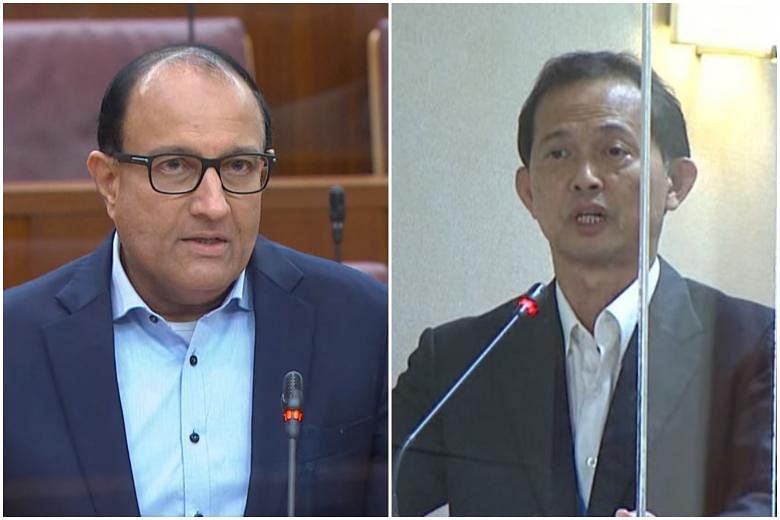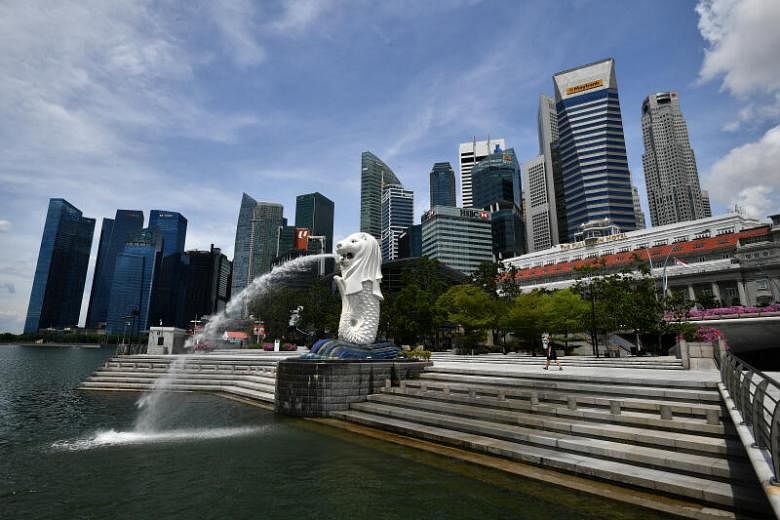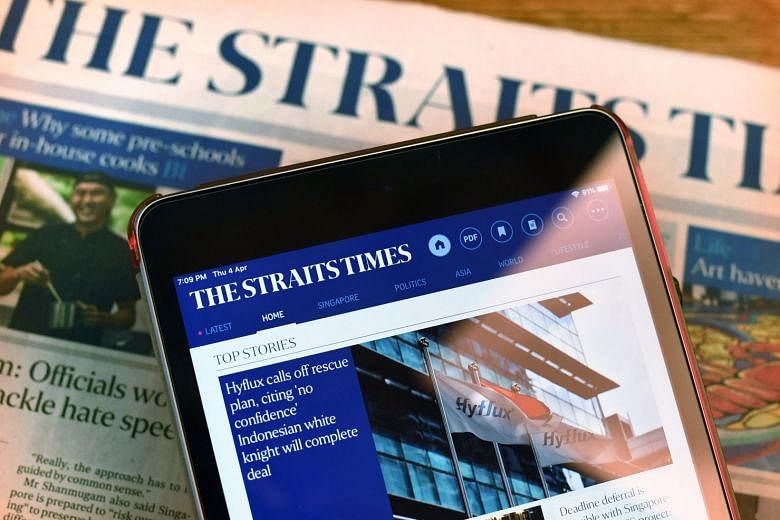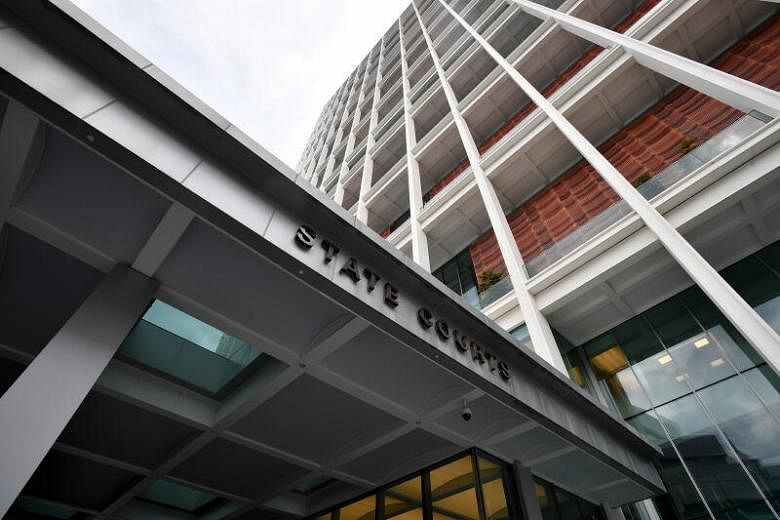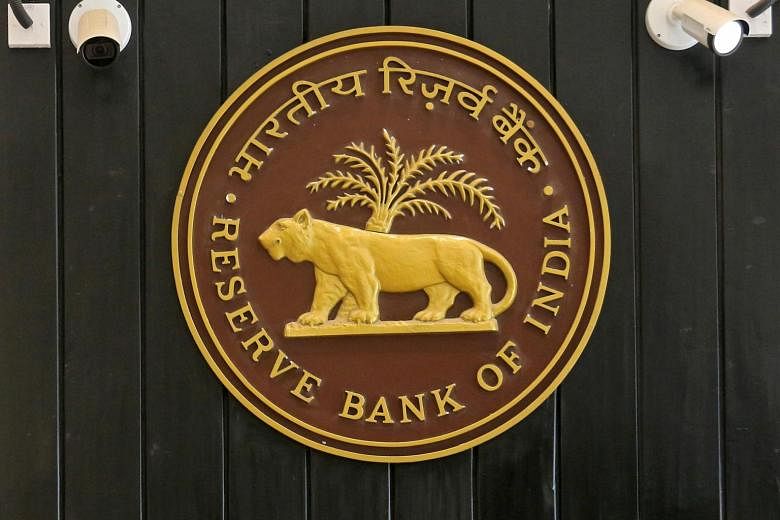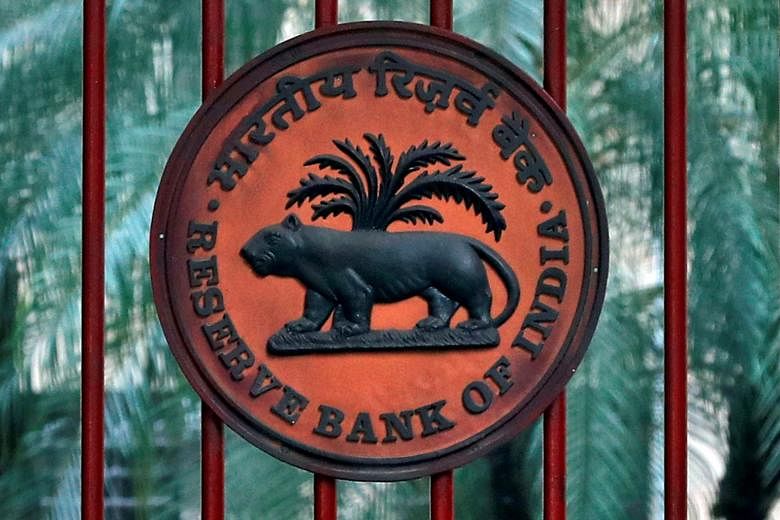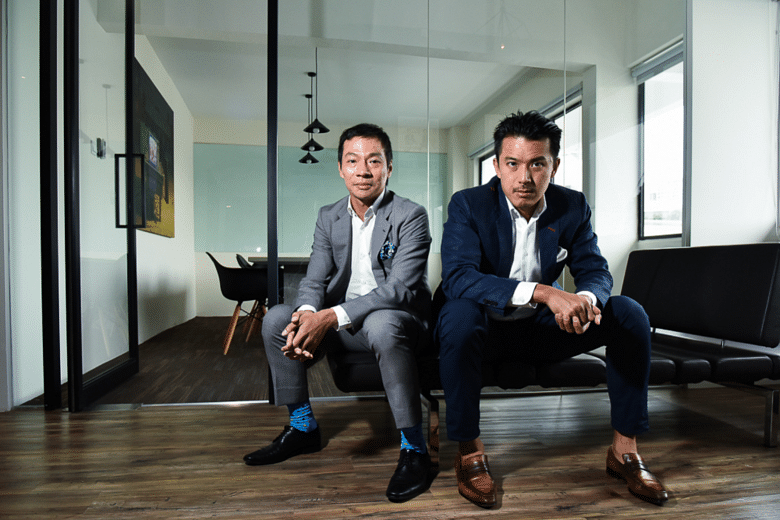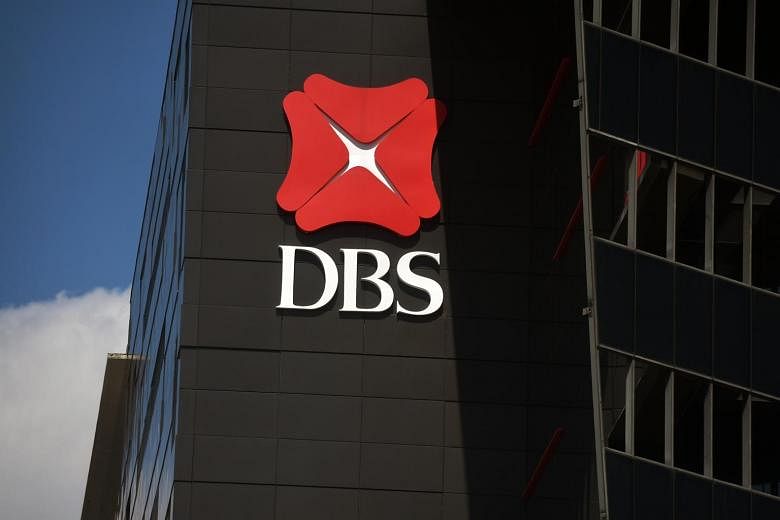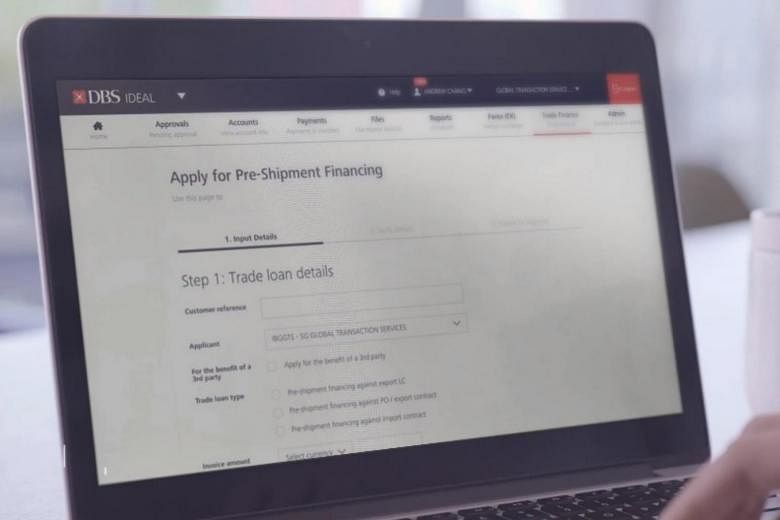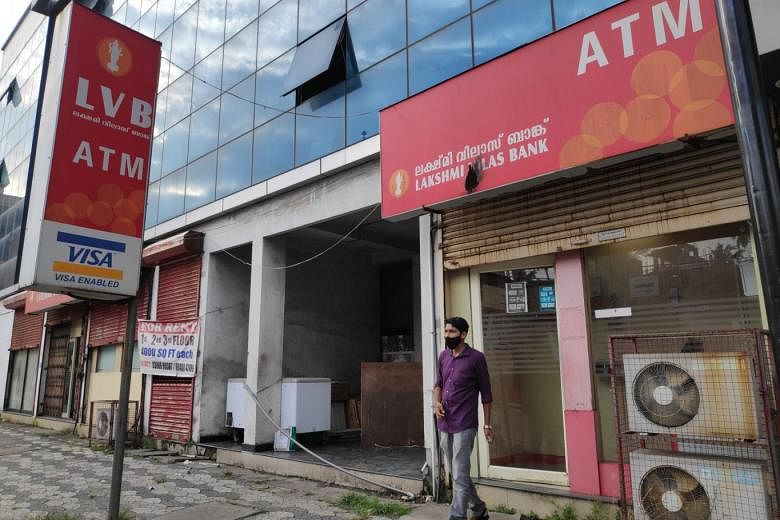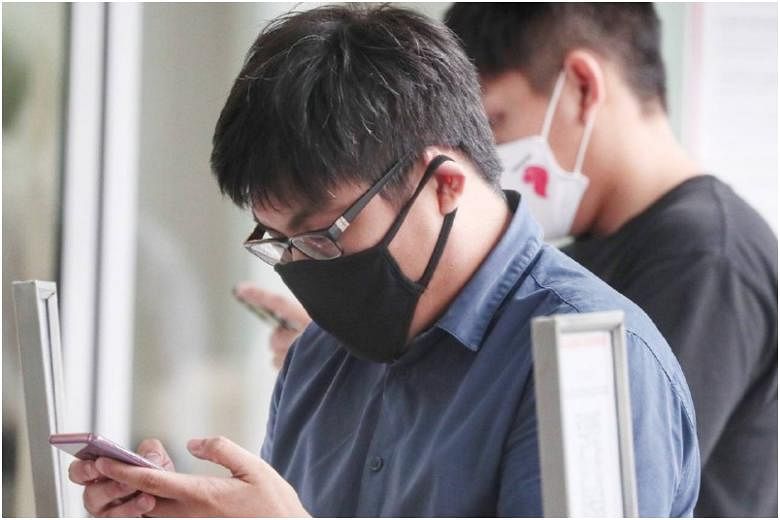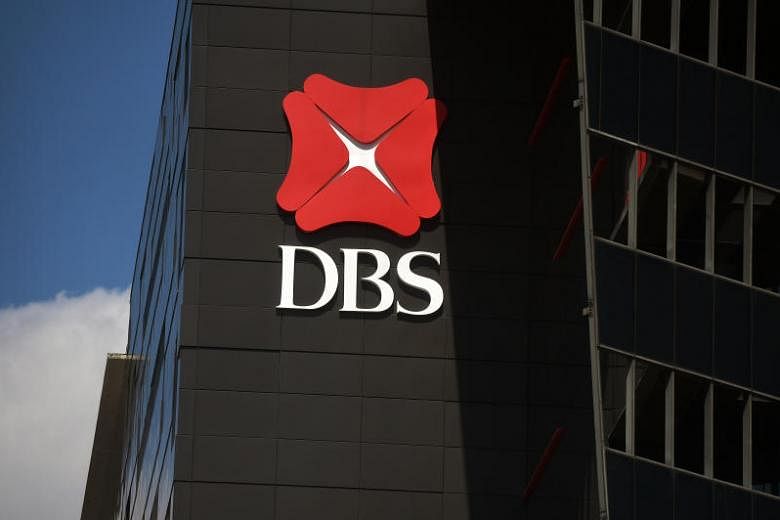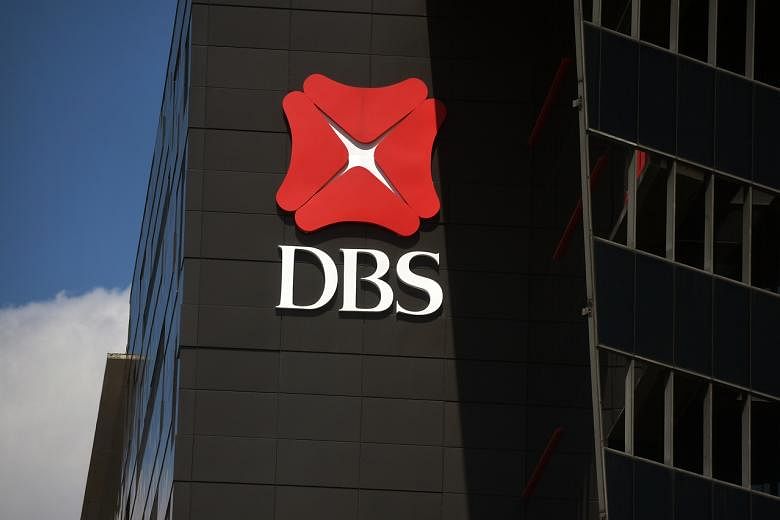- Joined
- Jul 25, 2008
- Messages
- 13,780
- Points
- 113
DBS CEO Piyush Gupta sees 2% rise in pay to $12.1m for 2019; down from 15.5% hike in 2018
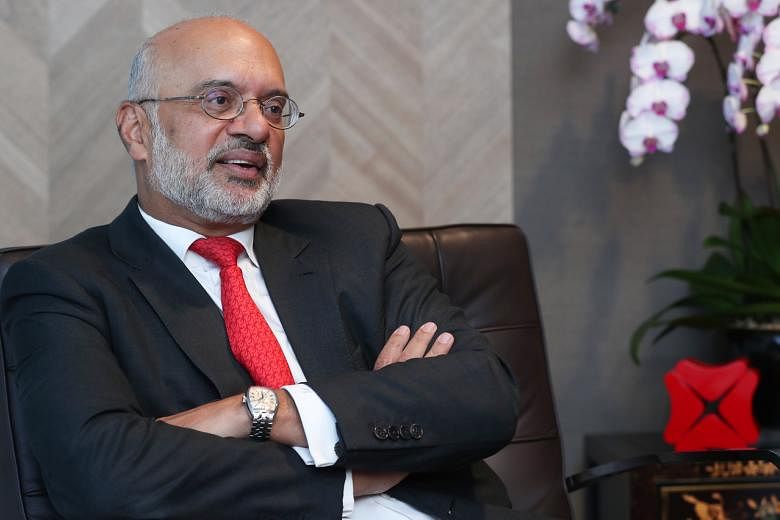
DBS CEO Piyush Gupta saw a pay rise by about $230,000 or 2 per cent to $12.13 million in 2019. PHOTO: BUSINESS TIMES
MAR 9, 2020
SINGAPORE (THE BUSINESS TIMES) - DBS Group Holdings chief executive Piyush Gupta saw his pay rise by about $230,000 or 2 per cent to $12.13 million in 2019 in his 10th year heading Singapore's largest bank, its latest annual report out on Monday (March 9) showed.
This is down from the 15.5 per cent pay rise to $11.9 million that he received in 2018, his best compensation year.
DBS on Monday separately said that Mr Gupta has made a personal donation of $500,000 to the Community Chest. This was "in support of communities in Singapore especially during these challenging times", said a spokesman.
The remuneration for 2019 comprised a cash bonus of $4.59 million, and shares worth $6.27 million, and come on top of a basic salary of $1.2 million.
The share plan amounting to $6.27 million excludes the estimated value of retention shares worth roughly another $1.25 million, which serve as a retention tool and are to compensate staff for the time value of deferral. This comes as at DBS, ordinary dividends on unvested shares do not accrue to employees, its annual report showed.
In November last year, the DBS board granted a one-time special recognition award of 80,000 shares, which are subject to DBS's usual four-year vesting period. This was to recognise Mr Gupta's "outstanding contributions" over 10 years of his leadership, DBS said. Over one decade, DBS's total income has more than doubled, net profit has tripled, and market capitalisation has nearly doubled. These 80,000 shares exclude a further number of retention shares amounting to 16,000.
In the annual report, Mr Gupta said it is likely that the new digital banking entrants in Singapore "will be free from the burden of legacy, and have access to large resources".
"They will quite possibly be able to disrupt the market in interesting ways, and are not to be underestimated. However, I do not believe that it will be easy for new entrants to be successful in the short or medium term," he said.
"With the Singapore banking market already well served by more than 200 players, the additional competition from five new digital banks is likely to be manageable."
Besides having no contest for "really no obvious" underserved segments in Singapore, the new digital players will have to meet sizeable capital requirements once they reach a certain minimum size, he said.
Meanwhile, banking incumbents have invested in their digital strengths.
"The onus for regulatory compliance will create challenges. On the back of the Uber and WeWork IPOs (initial public offerings), it is unlikely that investors will have appetite for continued unlimited cash burn without a line of sight to (operating profit) and returns," added Mr Gupta.
"While competitors are likely to drive price competition, it is a healthy sign that the regulators are unwilling to support predatory pricing. In industries like e-commerce and ride hailing, deep discounting with a 'winner take all' mentality has led to industry instability. Such instability in financial services may be unwise."
With additional information from The Straits Times

